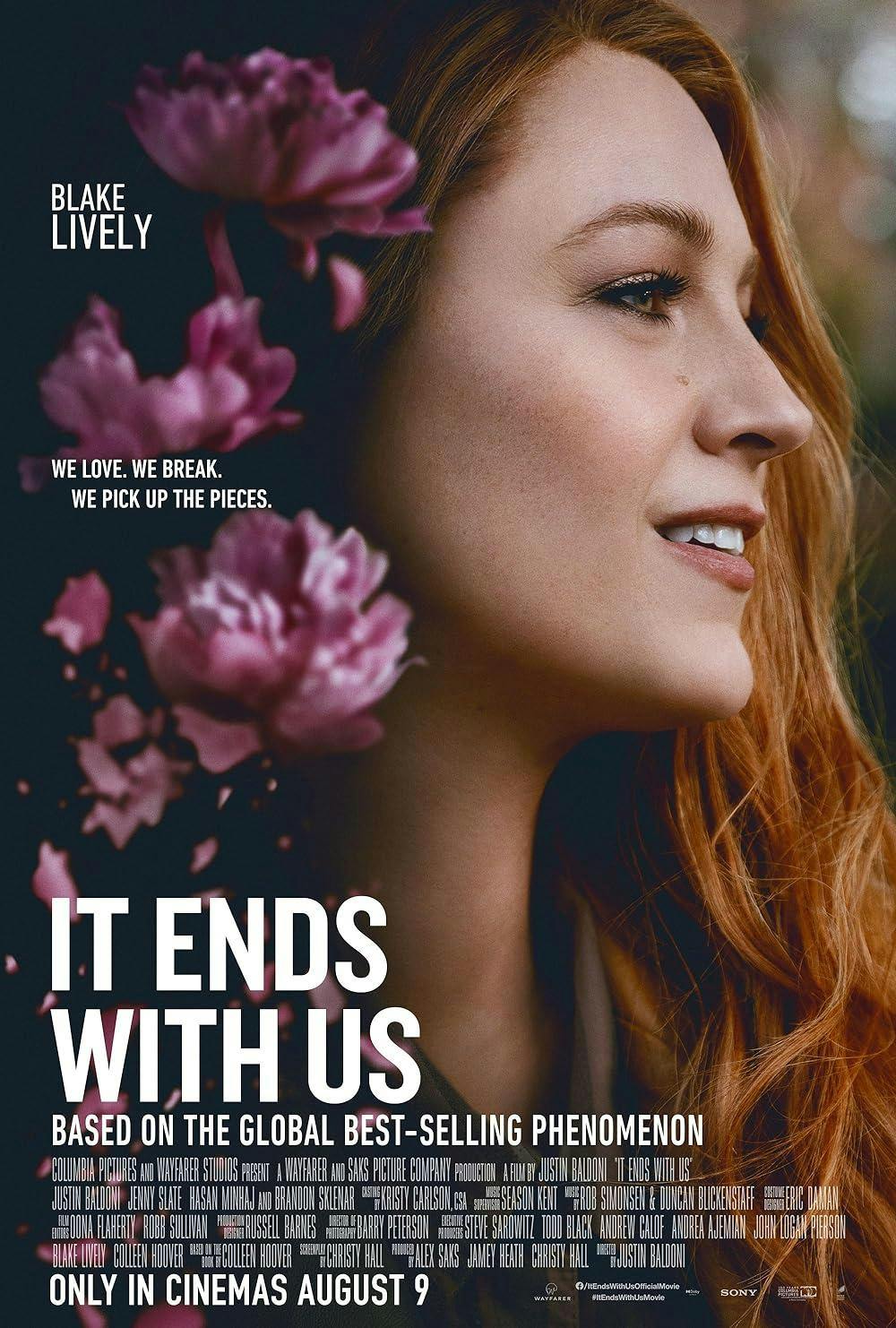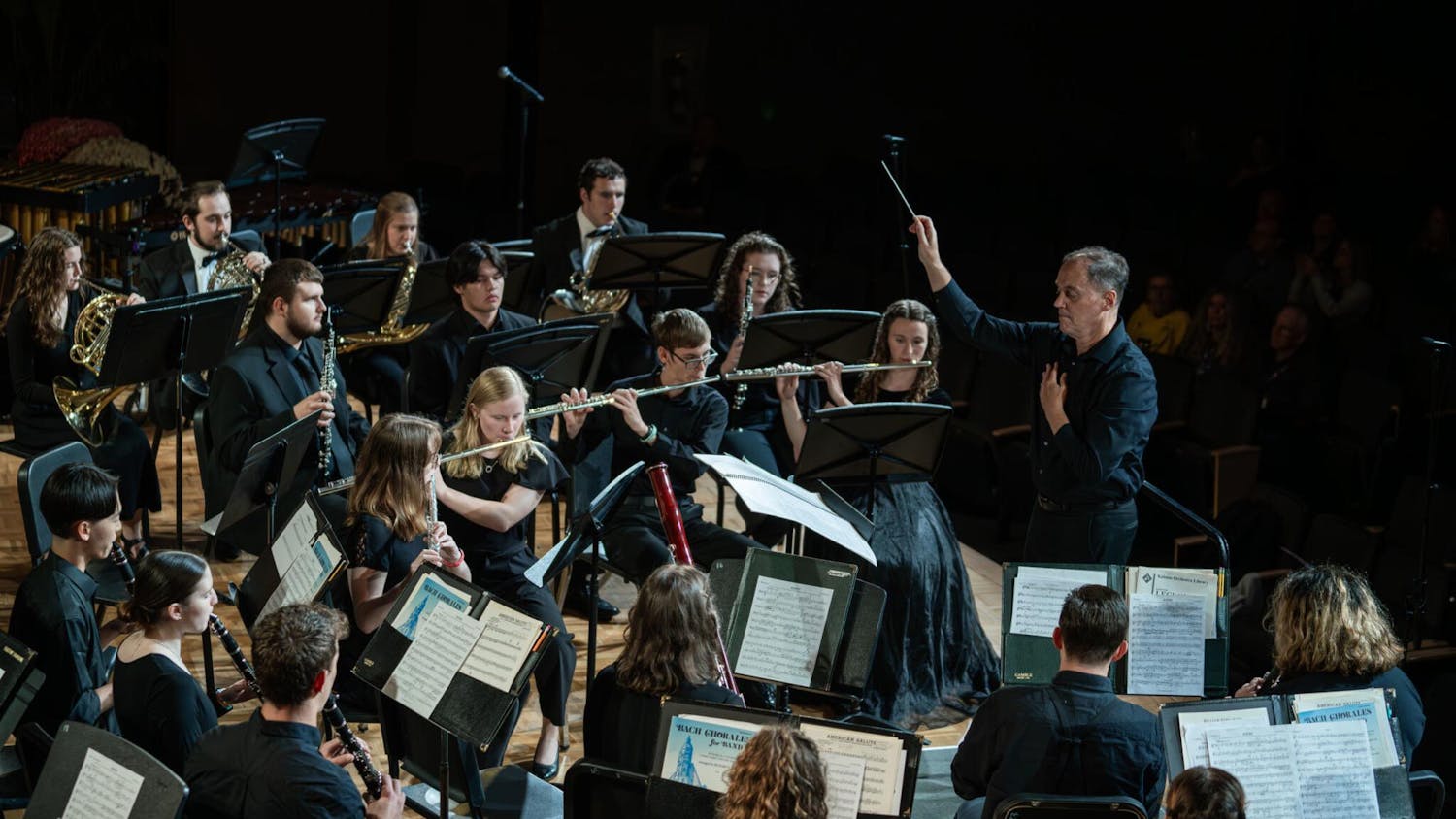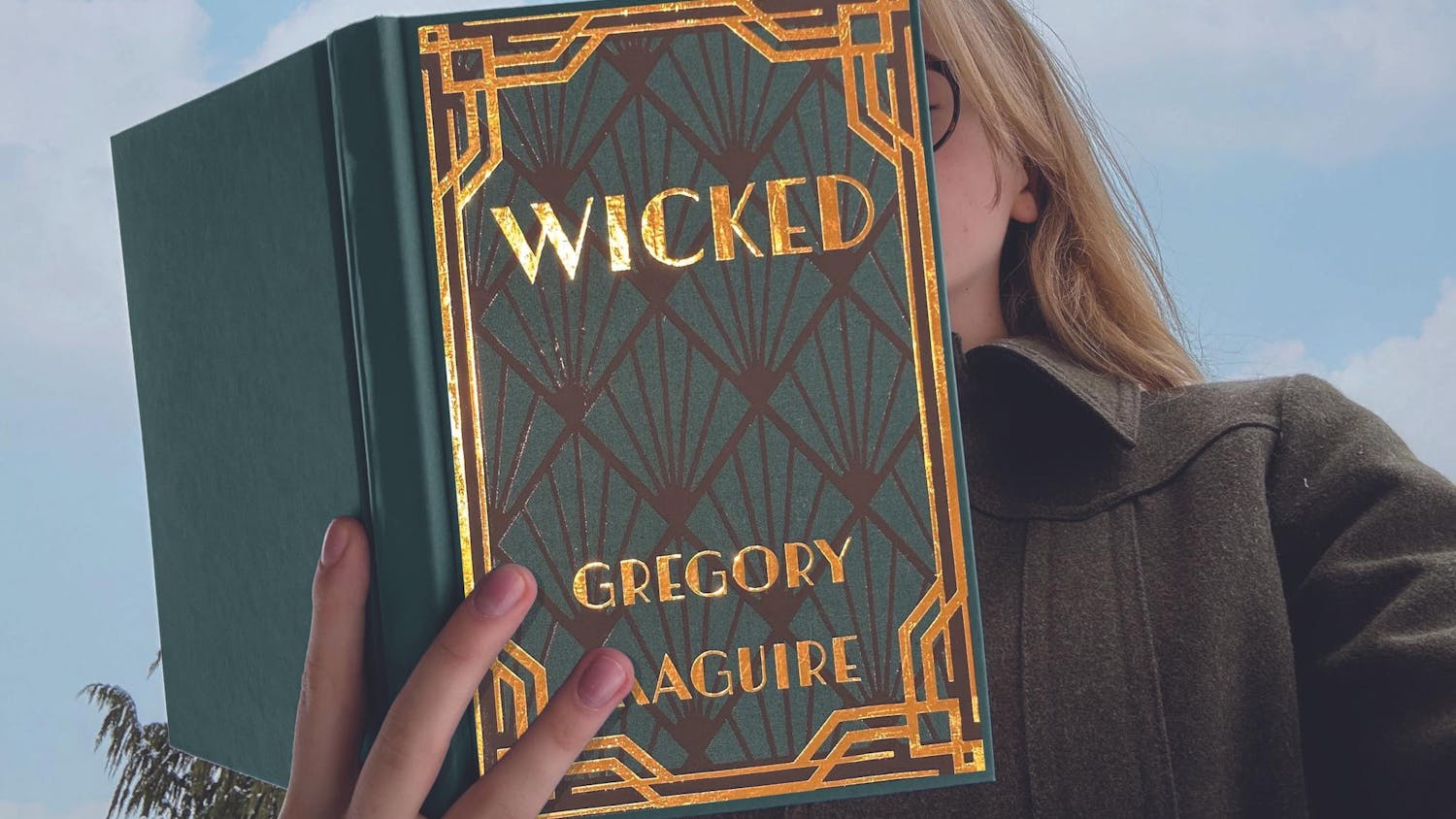Ryan Reynolds stepped into the pop culture spotlight with the release of “Deadpool & Wolverine” this July. Not long afterward, his spouse Blake Lively did as well in her latest film, “It Ends With Us,” based on author Colleen Hoover’s romance novel of the same name.
Despite its attempt to raise awareness on domestic violence, “It Ends With Us” faced scrutiny for its marketing tactics. Lively, in particular, has been criticized for certain behaviors, comments and artistic choices she made throughout the production and its publicity period.
Primarily circulating through conversations on social media, the drama regarding the film’s promotion has become seemingly more prominent than the film itself.
Mainstream media outlets commented initially on the story’s ability to navigate domestic violence themes, asking if the movie’s storyline is an effective way to raise awareness or if the general romantic approach of Colleen Hoover’s books was problematic in glamorizing the issue.
A BBC article prefaced that Hoover has been accused of such actions — whether or not it is unintentional, the controversy behind her story raises questions about the book’s adequacy in addressing the issue.
In a chat with TODAY.com, Director Justin Baldoni said he and Screenwriter Christy Hall took that criticism seriously, applying it to their production process “from the very beginning.”
Despite various positive and sub-par reviews, the film still received backlash from the general public for the way it was promoted.
There appeared to be inconsistencies in the way the cast viewed domestic violence’s role in the film. Lively, who played the story’s main character, Lily Bloom, has been framed by social media and at times, herself, as someone who is less concerned with the theme directly.
In an interview with Deadline, she enunciated her character's ability to see herself as someone who is more than what her situation attempts to define herself as.
“[You] are so much more than just a survivor or just a victim…you are a person of multitudes,” Lively said in the Deadline interview. “What someone does to you doesn’t define you; you define you.”
Lively goes on to explain how the story is one that “covers domestic violence but isn’t about domestic violence.”
Meanwhile, Baldoni, who also plays the film’s antagonist and domestic abuser, Ryle, has embedded himself as a voice advocating for those who might be experiencing such situations.
“Baldoni hopes ‘It Ends With Us’...helps to create a safer world through compassion and empathy,” an article from CBS News said. “He said he wants men to go see the romance movie and take accountability in their lives after watching it.”
Other than Lively’s statements on the theme of domestic violence, various users on TikTok and other social media highlighted that they felt Lively was promoting “It Ends With Us” in a similar style as someone would a romantic comedy.
With the release of her new hair care line at around the same time as the film’s release, Lively also took the time in some interviews to advertise it, an action that has been deemed inappropriate and insensitive by onlookers.
An abundance of TikToks, Reels and YouTube videos also called attention to the awkward, tone-deaf moments from Lively herself during promotionals.
While not every full-length interview is littered with these moments, and many social media snippets take those instances out of context, critics of this behavior still wish that there had been more delicacy with the way actors were told how to carry themselves during the film’s promotion.
In any case, the best way for a curious individual to make a judgment call on the capabilities and promotional appropriateness of “It Ends With Us” is to watch the movie itself and explore the copious amounts of interviews surrounding the film.





